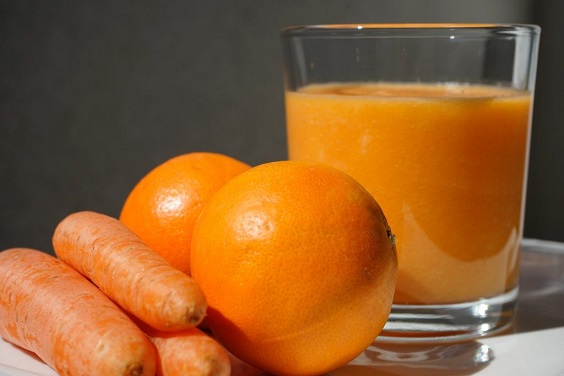Recent research studying almost 44,000 men and women finds that higher levels of vitamini C na vitamini E in the diet are associated with lower risk of Parkinson’s Disease1.
vitamini C and E are antioxidants2. Antioxidants hupinga mkazo wa kioksidishaji, unaosababishwa na molekuli tendaji sana zinazojulikana kama radicals bure.2. Mkazo wa oksidi una vyanzo mbalimbali kama vile mwanga wa jua, uchafuzi wa hewa, moshi wa sigara na mazoezi2. Mkazo wa oksidi unaweza kusababisha uharibifu wa seli (kupitia uharibifu wa molekuli katika mwili) na unaweza kuchangia magonjwa mengi kama vile saratani, ugonjwa wa moyo, kisukari, ugonjwa wa Alzheimer, ugonjwa wa Parkinson na hata magonjwa ya macho.2. Kwa hiyo, antioxidants inaweza kuwa na manufaa kuzuia uharibifu wa molekuli na kudumisha afya ya seli.
A recent Swedish study explored the effects of certain dietary factors on the incidence of development of Ugonjwa wa Parkinson (PD) in almost 44,000 men and women1. These factors included dietary intake of vitamini C, vitamini E and beta-carotene1. Ulaji wa virutubishi hivi maalum ulilinganishwa na matukio ya PD katika kikundi1.
Beta-carotene haikuwa na uhusiano na hatari ya PD1. However, intake of vitamini C and E was inversely correlated to the risk of PD1 kuonyesha kwamba antioxidants hizi zilitoa athari fulani ya neuroprotective ambayo ilipunguza matukio ya PD.
This study may allow the inference that it may be beneficial to increase these vitamini in the diet to reduce risk of PD, but it does not necessarily mean that the association seen was caused by the intake of these vitamini, as people ingesting more of these vitamini might just have healthier diets and lifestyles. It may be the case that there was a causal relationship but this is hard to prove from an association study. There could also be a non-causal relationship; supporting this is the finding from an older study comparing levels of antioxidants in the blood of PD patients which found no evidence that antioxidants contributed to onset or progression of PD3. Lastly, both theories may be true, where vitamini C and E in diet played a minor role. Regardless, the overall message of intaking enough vitamin C (such as through eating oranges and strawberries) and vitamini E (such as through eating nuts and seeds) is probably conducive to good health.
***
Marejeo:
- Hantikainen E., Lagerros Y., et al 2021. Antioxidants za Chakula na Hatari ya Ugonjwa wa Parkinson. Kundi la Kitaifa la Machi la Uswidi. Neurology Feb 2021, 96 (6) e895-e903; DOI: https://doi.org/10.1212/WNL.0000000000011373
- NIH 2021. Antioxidants: Kwa Kina. Inapatikana mtandaoni kwa https://www.nccih.nih.gov/health/antioxidants-in-depth
- King D.,Playfer J.,na Roberts N., 1992. Mkusanyiko wa vitamini A, C na E kwa wagonjwa wazee wenye ugonjwa wa Parkinson.Postgrad Med J(1992)68,634-637. Inapatikana mtandaoni kwa https://pmj.bmj.com/content/postgradmedj/68/802/634.full.pdf
***






































